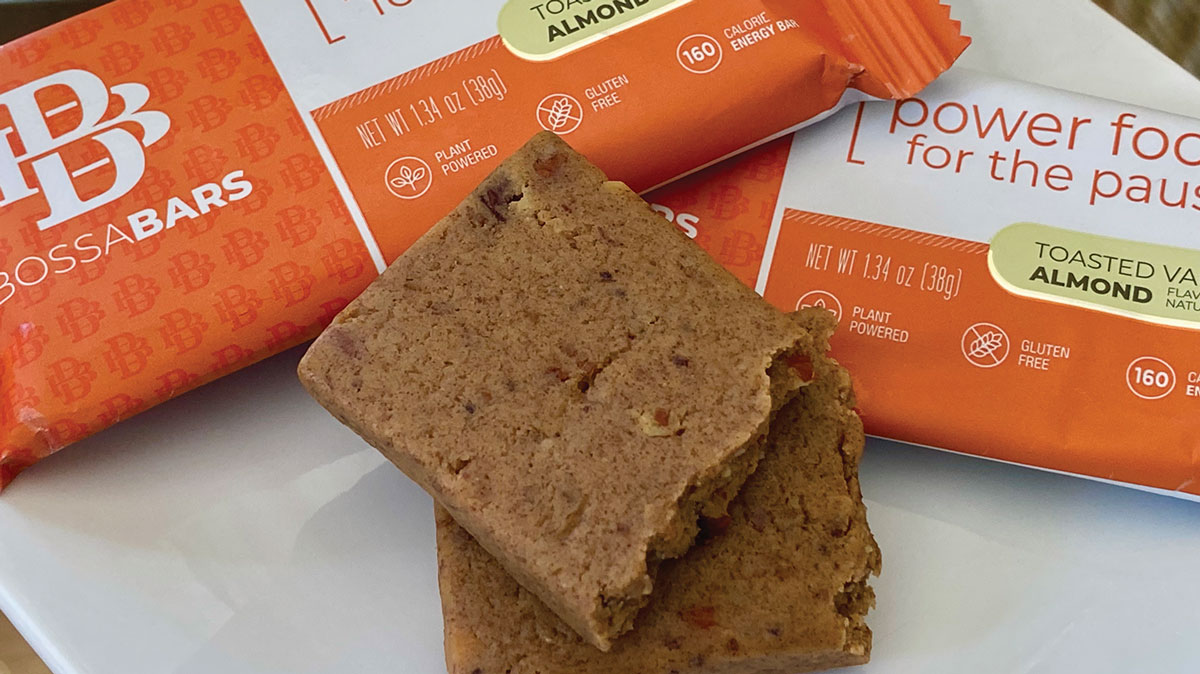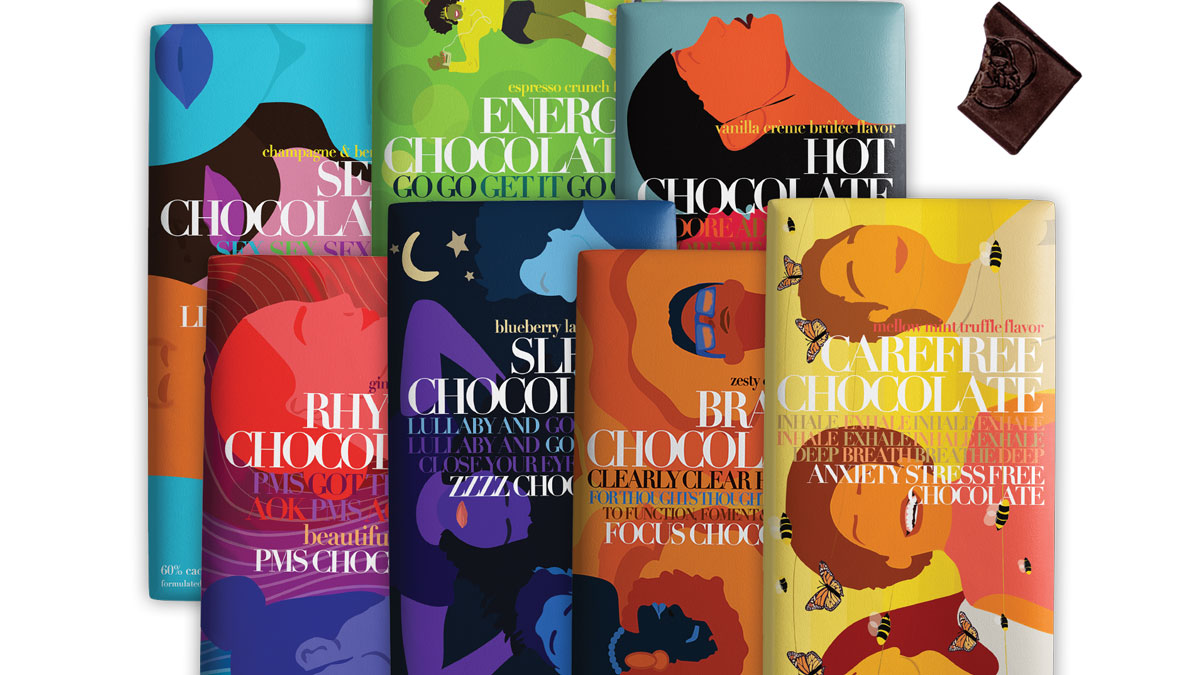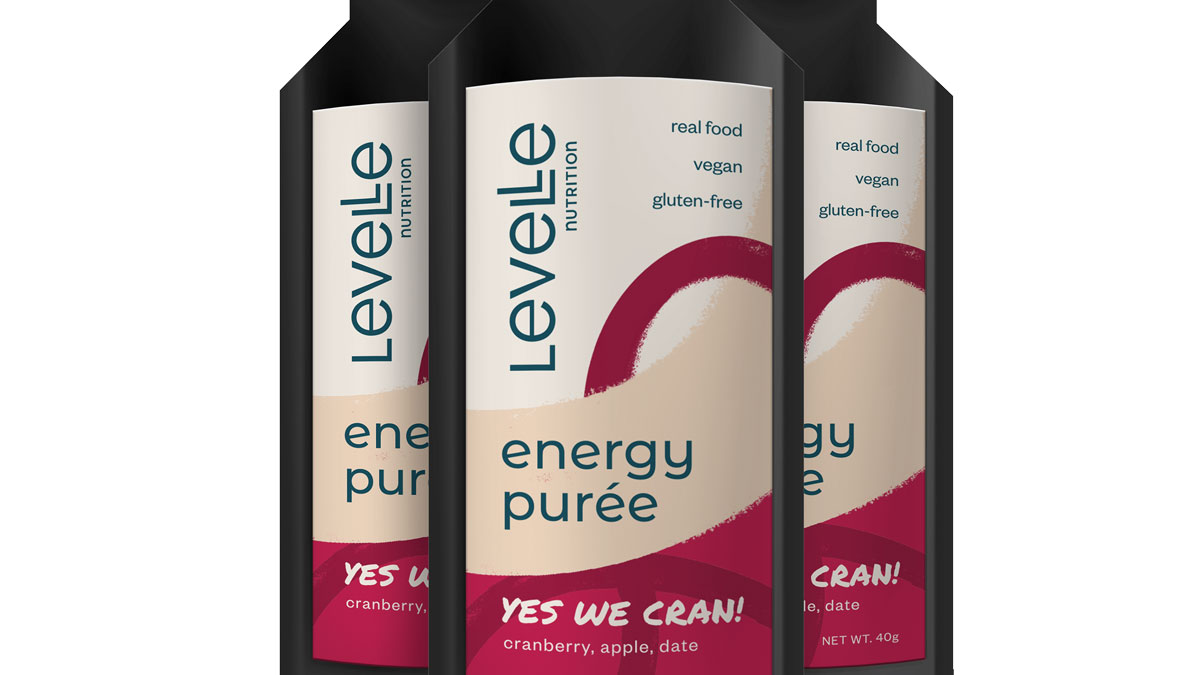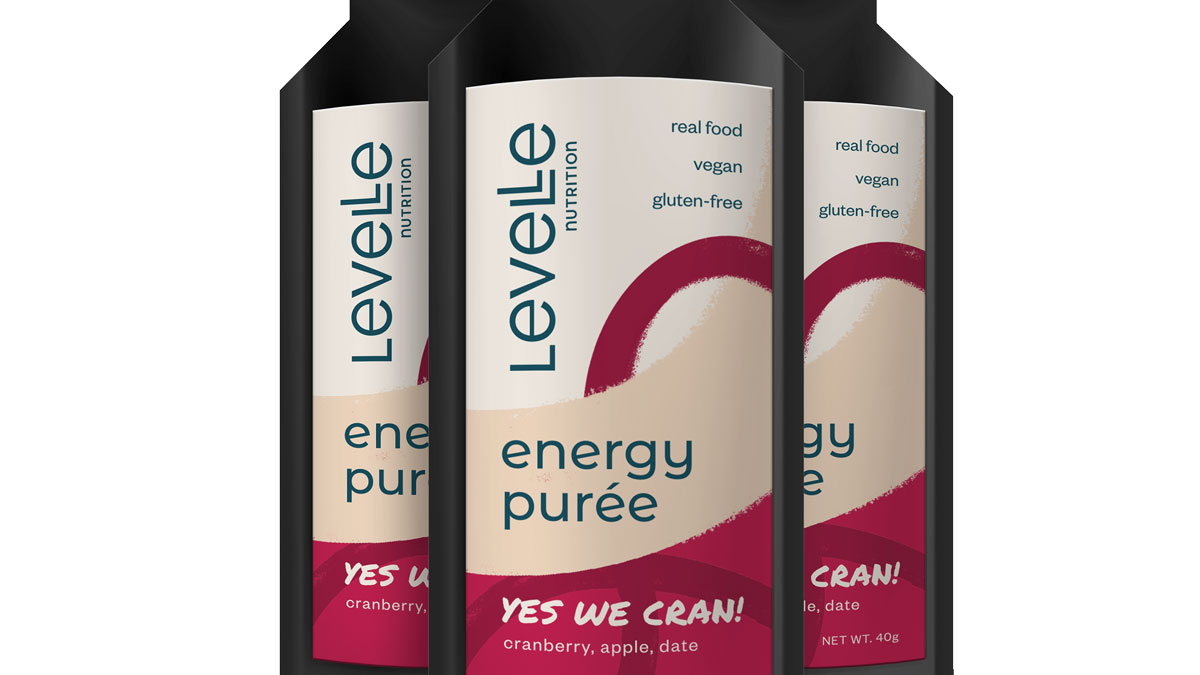
Strong and Balanced Food for Women
Products tailored for women’s health are on the rise, made by women, for women.
Article Content
It is well known that women have different physiologies than men, meaning they will naturally have different nutritional needs. RdR Solutions Principal Catherine Adams Hutt, a registered dietitian, describes men and women as “the same, but different.”
“[They are] different because body mass and muscle mass are different, with men having more lean body mass and muscle mass than women, naturally,” she says. “Further, women have life cycle differences that significantly affect physiology, including pregnancy, lactation, and menopause.”
When it comes to nutrition, men typically need more calories than women due to their increased muscle and body mass. Adams Hutt says, for example, that men require approximately 400 to 600 more calories per day than women, depending on their age. Additionally, the macronutrient and micronutrient needs differ between the two sexes, with men needing more B vitamins, choline, and magnesium, and women needing more iron and folate.
Because of these differences, food products with claims of benefiting women’s health are proliferating. According to Innova Market Insights, launches of food and beverage products with claims related to women’s health have grown at an average rate of 35% over a period of five years, from 2017 to 2021. The North American market had the greatest number of recent product introductions, with approximately one-third of the products tracked in 2021, followed closely by Europe and the Asia Pacific market.
Women’s health issues also are getting more attention from researchers. The number of research papers on women’s health increased ninefold between 2010 and 2020, according to Spoonshot’s Food Brain Predicts Trends 2023 & Beyond report.
Additionally, lingering impacts of the COVID-19 pandemic have left consumers more conscious of their health and more attuned to products that will meet their health goals, according to Mintel. Women are seeking food and beverage products to address these health goals, including goals related to sports nutrition, mood, menstruation, and menopause. Mintel also hypothesizes that personalized nutrition will be more important to women as they age.
Managing Menopause
Menopause marks the end of a woman’s menstrual cycle and typically occurs between the mid-40s and mid-50s. Its symptoms include hot flashes, chills, sleep problems, mood changes, metabolism changes, thinning hair, and dry skin. According to Mintel, 43% of women in the United States are experiencing perimenopause, menopause, or postmenopause. However, 60% of menopausal women report that they can’t find products or brands to help them address their needs, Mintel reports.
“Newer entrants to the menopause journey are wellness focused, open to a range of solutions to meet health needs and have higher income levels that can be spent on products and services that can offer solutions,” Mintel states in a women’s wellness report prepared for Food Technology.
Companies such as Bossa Bars are working to ensure menopausal women have products that address their needs and to open a dialogue about this stage of a woman’s life. Julie Gordon White, founder and CEO of Bossa Bars, says that she wanted to create a product that satisfied her cravings while avoiding what she calls “the killer Cs”: candy, cookies, and chips.
“I started making a snack, something that I could have that would be very satisfying, both from a sugar and sweet perspective but also filling so I wouldn’t want to keep eating more things,” says Gordon White.
Bossa Bars, which have been recognized by Oprah Winfrey as a “Best Menopause Product,” are plant-based, low-calorie bars to help curb the symptoms of menopause and satisfy cravings. This product is made with ingredients such as organic maca, pea protein, and MTC oil, which have been linked to improving energy, muscle mass, and metabolism, respectively. Flavor varieties include Double Chocolate Brownie, Toasted Vanilla Almond, and Double Decadent Chocolate.
When developing Bossa Bars, Gordon White wanted to create a product that was not only satisfying to eat but also ended the stigma surrounding the menopausal journey. “Not even my mother and I talked about it,” she says. “To me, midlife is the most empowering time. So why not feel the best that we can? And feeling the best starts with eating well.”
Mental Health Matters
Over half of American women surveyed said that “me time” has been an important source of pleasure and reward in the past year, and more women than men reported having their mental health affected by the pandemic, according to Innova Market Insights. More products are coming to market that claim to help boost mood and keep bad mental health days at bay.
While functional foods are not a new phenomenon, the market has grown steadily. Research from Spherical Insights shows that the global functional foods market is expected to reach $285 billion by 2030. Innova Market Insights’ research shows that the number of product introductions with a claim of brain/mood health benefits increased at an average rate of 39% from 2017 to 2021.
Makers of one such product, Rhythm Chocolate from The Functional Chocolate Company, say that it eases the effects of premenstrual syndrome, or PMS. This chocolate bar incorporates a blend of vitamins to help reduce PMS symptoms and support a healthy mood and manage stress levels.
“We started the business because we thought that treating your health could be a treat,” says Nicole Smith, CEO of The Functional Chocolate Company. “We think that so many of the things that people do on an everyday basis to treat their health are really just not very enjoyable. There can be a better way to address everyday health realities like stress and anxiety without pills or supplements.”
Using natural ingredients, products with mental health claims can improve mood while also tasting delicious and offering a bit of indulgence to the consumer. Oat Mama, a company founded by two breastfeeding mothers in 2015, offers three products that claim to help improve overall wellness: Immunity Tea, Super Matcha Latte, and Peanut Butter Chocolate Chip Bites. The brand’s matcha latte uses ingredients such as ashwagandha for mood and stress support, the adaptogenic herb shatavari for hormone balancing support, and matcha for antioxidants.
Sports Nutrition Needs
The physiological differences between men and women are apparent in the sports nutrition category, as well. According to registered dietitian Lyssie Lakatos, metabolism differs between the genders.
“Lean muscle tissue is more metabolically active than fat tissue and requires more calories, even during rest and sleep,” says Lakatos, who along with her twin sister, Tammy, operates a nutrition consultancy, The Nutrition Twins. “When men exercise, their higher amount of lean muscle tissue requires a lot of calories, so they burn more calories than women do.”
However, very little research has included women to analyze these differences. According to a study from the National Library of Medicine, approximately 30% of sports science and sports medicine studies include female athletes. Further, less than 2.5% of all sports nutrition products are made for women, per Lumina Intelligence’s report on female-focused sports nutrition.
Dr. Linda Alvarez, cofounder and CEO of Levelle Nutrition, saw this gap in the research, and connected it to her own findings. During their MBA program at Cornell University, Alvarez and her cofounder, Stephanie Schrauth, interviewed endurance athletes about their experiences with nutrition products.
“Every woman that we spoke to felt that the problems around nutrition were because of her,” Alvarez explains. “So if she was having physical symptoms, she blamed it on her body rather than the products that were available in the market.”
Levelle Nutrition’s energy purées, which the company expects to launch this spring, are made with organic ingredients and are vegan, gluten-free, and non-GMO. The formulations avoid the top nine most reported food allergens and are “safe for all women,” the company states. They come in two varieties: Yes We Cran! and Strawberry Jams.
Alvarez warns against “shrinking and pinking,” a common marketing phenomenon in which products targeted to women are made smaller and offered in what is considered a more feminine color without otherwise altering the product makeup. This doesn’t address the different nutritional requirements men and women have, but rather personal purchase decisions.
Recognizing that there are physiological and nutritional requirement differences between the sexes, Alvarez says it’s important to include women in the conversation around food and beverage products.
“There’s this idea of what people think women want, as opposed to actually sitting down and talking to women,” she explains. “I’m hopeful that the category expands as the market expands for women, and I’m hopeful that those product choices that become available truly speak to what women need as opposed to marketing on a trend.”
Key Takeaways
- Launches of products with claims focused on women’s health benefits have steadily increased over the past five years.
- Physiological differences between men and women lead to different nutritional needs.
- CPG companies are creating products tailored for every stage of a woman’s life.













